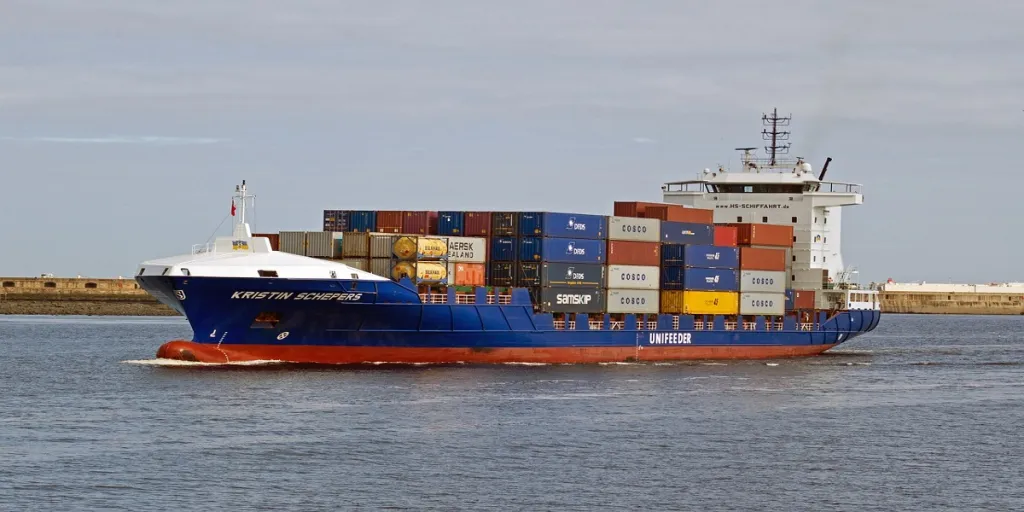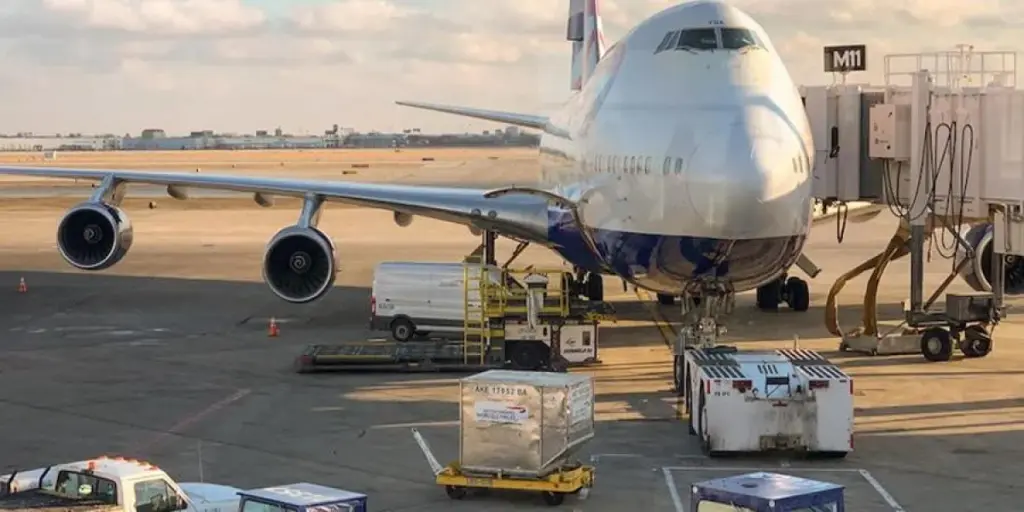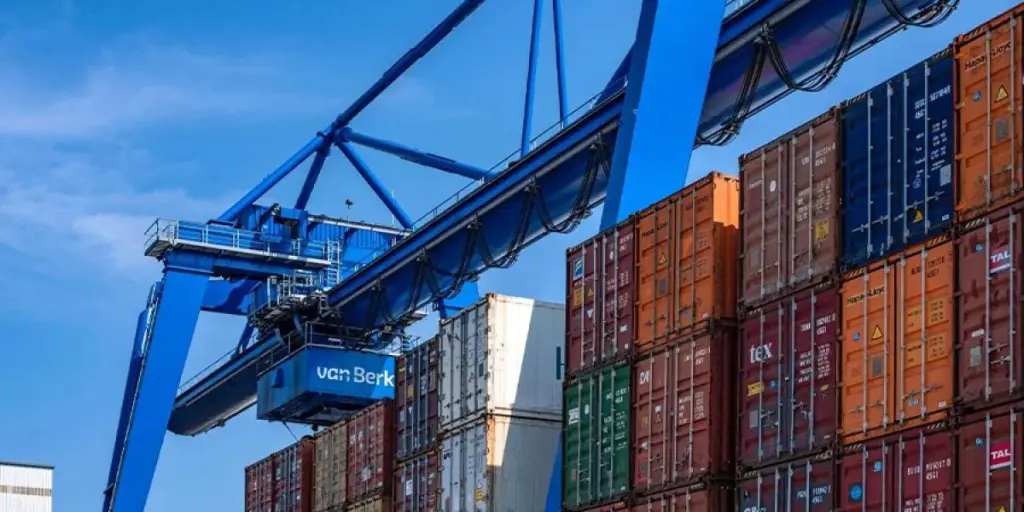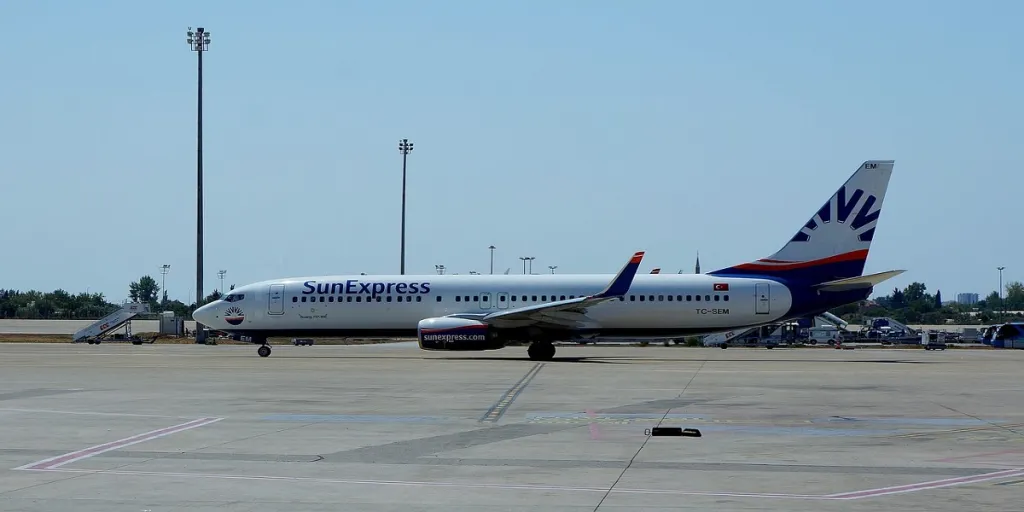Less-than-truckload (LTL) freight carriers offer shippers specialized transportation that consolidate freight shipments from multiple customers into a single truck. This allows businesses to ship smaller quantities of goods without needing to book an entire truck, which can be shipping cost opportunity.
Many LTL carriers offer a range of services tailored to different shipping needs, but not all providers are one-sized-fits all. Depending on your product needs (transit time, temperature-control, specific region distribution) you’ll want to figure out which type of LTL carrier is the right carrier for your brand.
Here is an overview of the types of LTL freight carriers, their benefits, and some examples of each type.
What is LTL Freight?
LTL shipping is defined as consolidation of shipments from multiple shippers into one truckload. Most trucking companies offer FTL (full truckload shipping) which means the entire truck is items of a single shipper. There is a big difference between FTL and LTL shipping.
Some carriers offer the shipping service of “less-than-truckload” where the shipper is only responsible for filling part of a truckload. LTL is more cost-effective for both the LTL provider and the shipper. The downside is that LTL shipments sometimes get on- and off-loaded, the route may not be as direct, and transit times may be longer.
Types of LTL Carriers and Their Benefits
National LTL Carriers
A national LTL carrier covers the entire US and often provides the most comprehensive services for LTL shippers. These are carriers that may offer a multitude of shipping services, not just LTL. If you are a growing ecommerce business and have many types of shipments you need completed, a national carrier is a good option to diversify they types of shipping you need, but all within the same tracking system and carrier.
Examples: FedEx Freight, XPO Logistics, YRC Freight.
Multi-Regional LTL Carriers
A multi-regional LTL carrier will have a service area that is not nationwide, but may include more than just a small concentrated region. In LTL shipping, because truckloads are shared it can be beneficial to work with a provider that delivers to the regions where your products need to go. These carriers will know the area well, the weather patterns, and often they have more competitive pricing than national carriers.
Regional LTL Carriers
If your products are delivered to a specific coverage area, there are many regional LTL carriers that have a designated service area; they only deliver and pickup within a specific region. Working with a regional carrier may net cost savings and speed up delivery times, because your pallets won’t be mixed in with truckloads that are going beyond your destination addresses.
Examples: Southeastern Freight Lines, Old Dominion Freight Line (regional operations).
Sub-Regional LTL Carriers
If you need to ship short distances within a specific region, sub-regional LTL carriers are a great fit. These providers ship with an even smaller defined area than regional carriers, often within a state. Just don’t get caught expanding your distribution too quickly if you choose to contract with a sub-regional LTL carrier.
If you have many distribution nodes in your network, but need quick final-mile deliveries from each facility, stitching together a network of sub-regional carriers can be a worthwhile strategy.
Asset-Light LTL Carriers
The truckload carriers who want to keep costs low but still offer competitive services will outsource assets to other companies. Asset-light carriers do not own parts of their business, but use other partners businesses to get their services completed. They may work with a small fleet of trucks and infrastructure but outsource to local terminals that may be out of their usual coverage area. This helps keep overhead costs down, so it’s a good option for shippers with a slim shipping budget.
Intermodal LTL Carriers
For shipments that benefit from using multiple modes of transportation, intermodal LTL carriers are the best choice. These types may be able to help move freight via truck, rail, or air. Using an intermodal carrier is ideal for long-distance shipments where cost savings can be achieved through multimodal transport.
Examples: Hub Group, Schneider National.
Expedited LTL Carriers
An LTL carrier that specializes in faster transit times for urgent shipments is known as an expedited LTL carrier. Services often include guaranteed delivery times and priority handling.
Examples: Roadrunner Transportation Services, Pitt Ohio.
Load-to-Ride LTL Carriers
There are some LTL carriers that specifically take products for long-haul routes but won’t stop for transfers or may have fewer stops than other carriers.
Load-to-ride carriers are particularly good for products that are fragile or benefit from less handling. The key is that there will be more straight-through deliveries and less movement of goods.
While shippers are a the mercy of these carriers schedules for pickups and drop-offs, this choice can be a very cost-effective way to get products to further destinations without requiring the price of a full truckload.
Specialty LTL Carriers
There are different types of LTL carriers that focus on specific types of LTL shipments, some cater to a specific freight class or certain types of product requirements, such as hazardous materials, refrigerated goods, sensitive freight, or oversized items.
Reefer carriers, for example, only have cars that are temperature-controlled. Because many perishable goods also need expedited shipping, they also tend to act like load-to-ride carriers where they don’t transfer goods to terminals, rather they take one load to a long-range destination.
One issue with any specialty LTL carrier is the challenge of finding similar products from multiple companies to share the truckload that also have the same destination. This makes the specialty carrier option sometimes a more expensive one.
Examples: R+L Carriers (hazardous materials), New Penn (Northeast-specific operations).
Bottom Line
If you have smaller shipments and don’t need an entire trailer for your freight shipping, you may see a cost reduction by pursuing an LTL freight strategy. Be sure you work with a reliable freight broker or logistics provider to help source competitive rates and ensure your business model matches the LTL carrier services you seek out. It’s ultimately your customer you want to please, so quality service in all supply chain partners is critical.
Source from DCL Logistics
Disclaimer: The information set forth above is provided by dclcorp.com independently of Alibaba.com. Alibaba.com makes no representation and warranties as to the quality and reliability of the seller and products. Alibaba.com expressly disclaims any liability for breaches pertaining to the copyright of content.




